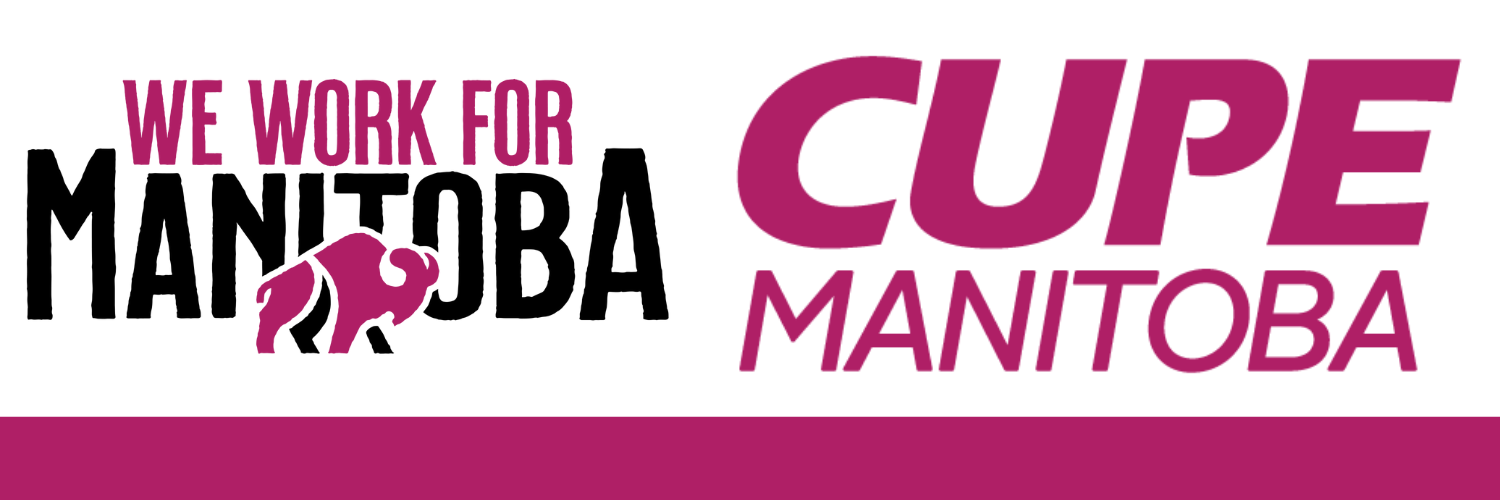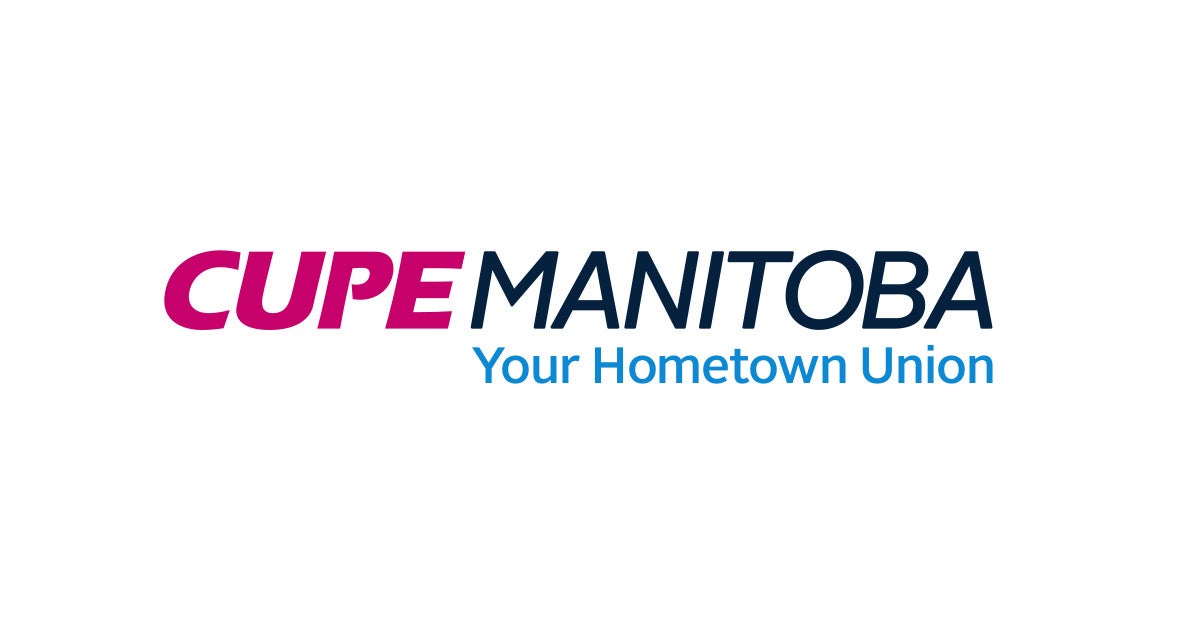WINNIPEG – Manitoba’s budget, which was tabled on Thursday afternoon by Finance Minister Jennifer Howard is a straight-forward, pragmatic budget that focuses on ensuring that Manitoba’s public services receive the resources needed to maintain the programs that Manitobans rely on, says CUPE.
“We are encouraged that the NDP is not cutting public services and jobs like we’ve seen in other provinces, or even federally” states Kelly Moist, President of CUPE Manitoba. “New investments in child care, health, and long-term care are essential in ensuring that services for Manitobans are there when they are needed .”
This budget has also prioritized addressing poverty in the province, one of the biggest challenges facing our community. Increasing the EIA Rental Allowance to 75% of the average cost of renting (median market), and increasing the amount of affordable and social housing is a vital step in reducing poverty in Manitoba – all of which have been applauded by community poverty-reduction advocates. The government has also committed to increasing the minimum wage.
Additionally, the province has announced $5.5 million in new funding for child care in Manitoba, focusing on creating new spaces and fair wages for child care workers, a move that CUPE fully supports.
The Manitoba NDP’s commitment to increasing educational opportunities for skilled trades is a priority in this budget, and builds towards a stronger future of trained workers in the province. There is also an additional 2.5% increase in funding for universities, and 2% for colleges.
Unprecedented new infrastructure funding was also announced, including $5.5 billion over the next five years towards roads, bridges, and water infrastructure.
However, new initiatives on “Lean” management should be heavily scrutinized through consultation with unions and the public, before being implemented.
“Lean management” is a corporate management model that has proven problematic in other places where it has been implemented in the public sector, and CUPE has serious concerns with its adaptability in this context.
CUPE has also been pushing for the Manitoba government to take a stronger line in calling for the federal government to negotiate a new federal Health Accord as the current one expires this year.
“CUPE is deeply concerned that the federal government is not coming to the table with the province on a new Health Accord” said Moist, “this means that Manitoba will be out millions of dollars in federal health transfers, deeply affecting the province’s ability to offer quality health care”.
CUPE continues to applaud the Manitoba government’s commitment to ensuring that no deep cuts are made to public services and programs, such as education and health care, and, when compared to other provinces, Manitoba is on the right track to building a strong economy that puts people first.

